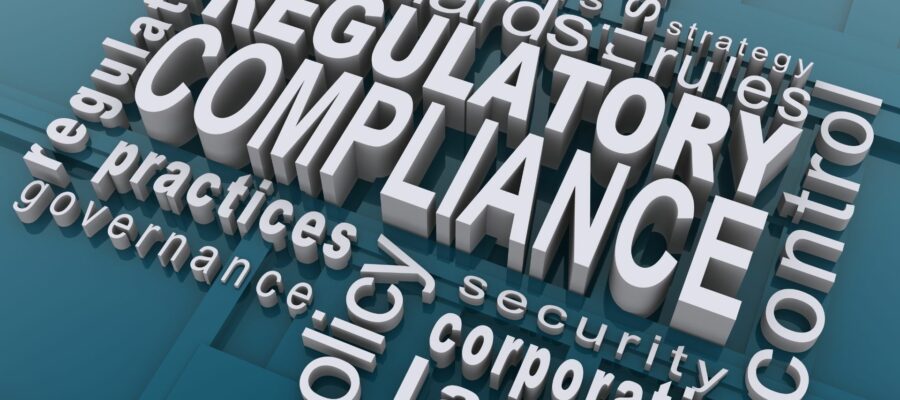Navigating Professional Regulatory Investigations: Challenges and Solutions

Professional regulatory investigations can present a veritable minefield of challenges for both investigators and those being investigated. These investigations are vital for maintaining the integrity of professions and protecting the public. However, they are fraught with complexities that can be daunting to navigate. Let’s delve into some of these challenges and consider strategies to tackle them effectively.
Legal Quagmires
The intersection of legal requirements and professional guidelines creates a complex landscape that is difficult to navigate. Regulations vary by jurisdiction and investigators must have an in-depth understanding of applicable laws and professional codes. Missteps can lead to legal challenges, hampering the investigation and potentially discrediting the process and any outcomes.
Solution: Detailed preparation and research are key. Investigators should take the time to review and understand the applicable legislation, organizational policies of the regulator, standards, guidelines, and common practices in any jurisdiction. In some cases, investigators should consult with legal experts to ensure that their understanding is accurate and their anticipated approach is defensible. Also, it’s crucial to maintain meticulous documentation throughout the investigation process.
Ethical Complexities
Regulatory investigations often delve into gray areas of professional ethics. Making judgments about ethical lapses is not always straightforward and may depend on context, which could be easily misunderstood.
Solution: Investigators must be aware of the professional ethical guidelines of the field they are investigating. An approach that combines a stringent ethical framework with the flexibility to interpret situational nuances is advisable. Regulatory investigators need to understand this and ensure they gather the information necessary for decision makers to make informed decisions with regard for all the relevant information and context.
Emotional Toll
The emotionally charged environment is another significant challenge. People involved in investigations, whether complainant, respondents, or witnesses, are all generally unhappy about their circumstances or involvement in these matters. The complex issues around trauma (perceived or actual past injustice) and concerns about equity, all impact participants’ stress levels, memories, level of cooperation, and general communication with the investigator. Being under investigation is stressful and may lead to people needing appropriate support and consideration by the investigator and the process in general.
Solution: Developing strong communication skills, having a solid understanding of trauma informed investigations, active listening, and empathetic communication, are critical to diffusing tension and creating a psychologically safe space. This allows for the building of some level of trust and confidence in the people and the process. It should go without saying that investigators must maintain a neutral, non-judgmental stance to foster a cooperative atmosphere.
Resource Constraints
Time and resources are often in short supply but high demand. Gathering adequate evidence and conducting thorough interviews take time. Investigators not only have to manage their schedules but deal with everyone’s busy schedules.
Solution: Proper and fulsome planning is a key solution to this issue. Investigators should try to plan and build out each week with specific goals in mind. Prioritization of tasks and effective time management are essential. Leveraging technologies like specialized software for case management can also be invaluable in streamlining the process.
Conflicts of Interest
In tightly knit professional communities, conflicts of interest can be a significant concern. Investigators might have professional or personal relationships that could influence the investigation, while respondents may question the neutrality of investigators. Investigators should be asking themselves about any perceived conflicts that might exist.
Solution: Transparency is key. All potential conflicts should be disclosed at the outset, and if a conflict of interest exists, investigators should consider recusing themselves or involving a third-party to ensure impartiality.
Conducting a professional regulatory investigation is more complex and challenging today and that complexity is growing all the time. However, thorough preparation, attention to legal and ethical intricacies, trauma informed practices, empathetic communication, resource management, and conflict-of-interest mitigation can help navigate these challenges and complexities. With thoughtful planning and execution, these investigations can fulfill their crucial role in upholding professional standards and safeguarding public safety and trust.

